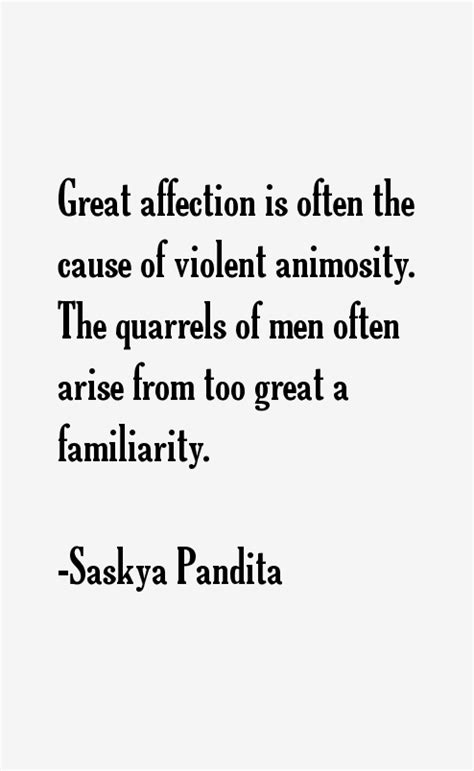A Quote by Albert Pike
All the great and beneficent operations of Nature are produced by slow and often imperceptible degrees. The work of destruction and devastation only is violent and rapid.
Quote Topics
Related Quotes
If human life is in fact ordered by a beneficent being whose knowledge of our real needs and of the way in which they can be satisfied infinitely exceeds our own, we must expect a priori that his operations will often appear to us far from beneficent and far from wise, and that it will be our highest prudence to give him our confidence in spite of this.
What the newer landscape artists see in a circle of a hundred degrees in Nature they press together unmercifully into an angle of vision of only forty-five degrees. And furthermore, what is in Nature separated by large spaces, is compressed into a cramped space and overfills and oversatiates the eye, creating an unfavorable and disquieting effect on the viewer.
If Nature denies eternity to beings, it follows that their destruction is one of her laws. Now, once we observe that destruction is so useful to her that she absolutely cannot dispense with it from this moment onward the idea of annihilation which we attach to death ceases to be real what we call the end of the living animal is no longer a true finish, but a simple transformation, a transmutation of matter. According to these irrefutable principles, death is hence no more than a change of form, an imperceptible passage from one existence into another.
For a long time the fear of seeming singular scared me away; but by degrees, as people became accustomed to me and my habits, and to such shadows of peculiarity as were engrained in my nature - shades, certainly not striking enough to interest, and perhaps not prominent enough to offend, but born in and with me, and no more to be parted with than my identity - but slow degrees I became a frequenter of this straight narrow path.
Change is more often a rapid transition between two stable states than a continuous transformation at slow and steady rates. . . .Change occurs in large leaps following a slow accumulation of stress that a system resists until it reaches the breaking point. Heat water, and it eventually boils. Oppress the workers more and more and bring on the revolution.




































